How to Stay Safe in Micronesia: 9 Things to Know
The 607 islands that make up the Federated States of Micronesia are home to amazing marine life and WW2 wrecks – a scuba diver's treasure trove. Before you go, here's what you need to know about safety.
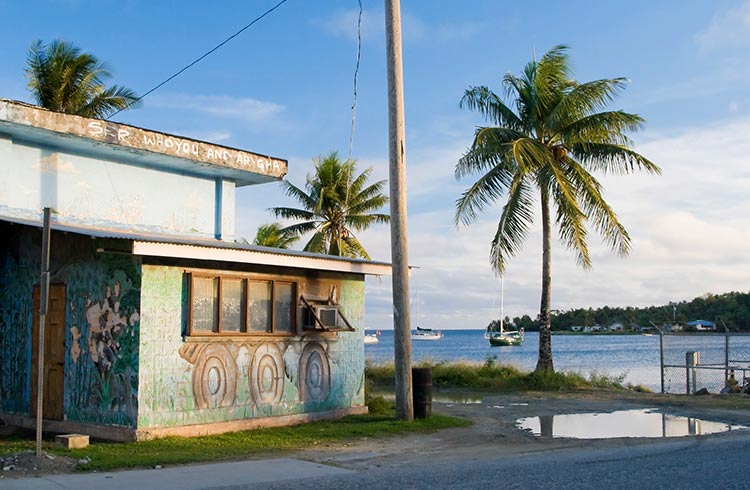 Photo © Getty Images/Michele Falzone
Photo © Getty Images/Michele Falzone
The Federated States of Micronesia is made up of four separate states: Pohnpei, Kosrae, Chuuk and Yap, each with different cultures, things to see and levels of safety and security for travelers. They are spread over an enormous area of the Pacific Ocean, covering millions of square miles so visiting all the states in one trip is somewhat ambitious, but why not give it a try?
Before you travel to the Federated States of Micronesia, here's what you need to know to stay safe.
- What are the Federated States of Micronesia?
- Local laws
- Crime
- Rogue waves and old bombs
- Sun safety and dressing appropriately
- Protect yourself from mosquitoes
- Vaccinations and health
- Getting medical help
- Safe transport in Micronesia
What are the Federated States of Micronesia?
Don't get confused between the FSA and the overall region of Micronesia. Palau is part of the Micronesia region, but politically speaking, it is it's very own country – and not part of the Federated States of Micronesia.
These are the four separate states that make up the FSA:
- Chuuk: Chuuk is renowned for its wreck diving, in particular, the remnants of a Japanese WWII Naval fleet.
- Yap: Yap is the most traditional state, renowned for its giant stone money, betel nut chewing population and amazing manta ray diving.
- Kosrae: This is an unspoiled paradise, where more than a few dozen visitors at any one time is considered a stampede. With a population of approximately 7,500 people and just 1,000 visitors a year – this is a truly off the beaten track destination.
- Pohnpei: Pohnpei is home to Palikir, which is the capital of the Federated States of Micronesia (FSA) and where you can see the ancient stone city of Nan Madol, Micronesia's best known archaeological site.
Travelers should also be mindful of conservative dress standards on most of the islands, and you should dress appropriately by not showing too much skin.
Laws in Micronesia
In Micronesia, there are heavy penalties for drug offenses throughout the islands.
Do not accept drugs from anyone who may offer them to you (a rare occurrence).
Homosexuality is legal in the Federated States of Micronesia, and anti-discrimination laws have been in place to protect the LGBTQ community since 2018. Most communities are still very conservative with their views, so it's safest to be discreet about your sexual orientation.
Is there any crime in Micronesia?
There is a relatively low incidence of serious crime in Micronesia, however, there are regular reports of petty crimes against travelers in Chuuk, Yak and Pohnpei, including break-ins and non-violent theft. You should take all necessary precautions to protect your belongings and use your common sense when traveling around.
Overall, travelers should feel safe while exploring the islands, however, women are particularly advised to exercise caution when traveling alone in secluded areas of Micronesia.
Crime is higher in Chuuk than in the other states; you should stay off the streets after dark on Weno (the main island). On occasion, travelers are subject to theft and verbal and physical abuse, which can sometimes become violent.
Do not attempt to intervene in disputes between local citizens.
Alcohol-related attacks, as well as alcohol driving accidents, are not uncommon on weekends and after dark.
Rogue waves and undetonated bombs
There are treacherous channel currents underwater and rogue waves in parts of the islands. You should wear the appropriate diving safety equipment and take local advice at all times when snorkeling, swimming or engaging in adventure sports. Talk to locals about the safest areas to dive and swim.
In the channels of Yap Harbor there are approximately a dozen World War II bombs in shallow depths, they are considered live and dangerous and could detonate if a diver or other object collides with them. Follow the advice of locals or a guide, and only swim and dive in areas you are certain are safe.
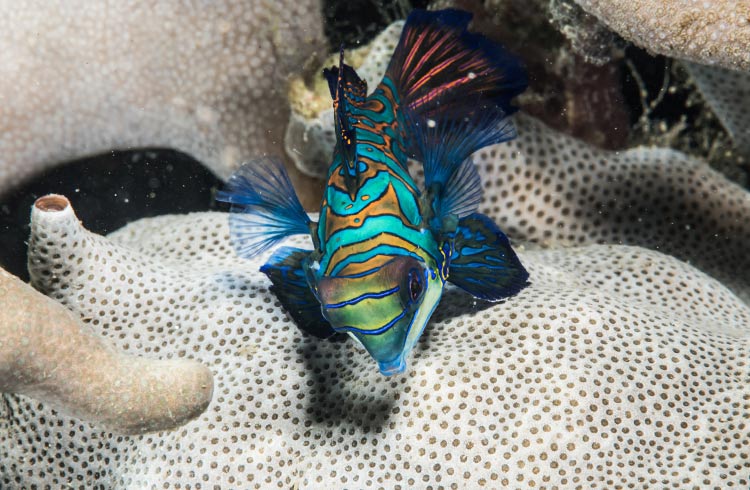
Sun safety and dressing appropriately in Micronesia
While it's tempting to wear as little as possible in the tropical heat, there are a few key reasons you should not do this. First, most locals would find this offensive. Second, you risk sunburn by exposing more skin. Wear appropriate cotton clothing, and you should always carry a broad-spectrum sunscreen, hat and sunglasses. When walking around towns and villages, wear light, breathable long-sleeved clothing.
Protect yourself from mosquitoes
Throughout Micronesia, like most tropical destinations around the world, mosquitoes are common and can transmit disease. Dengue fever outbreaks do occur in Micronesia, and it's recommended to use mosquito repellent at all times (especially at dawn and dusk).
Vaccinations and health in Micronesia
Before you go, see a travel doctor to make sure you get all the required vaccinations for Micronesia:
- Hepatitis A and B
- Typhoid
- Japanese Encephalitis
- Rabies (if you are planning a long stay or substantial time outdoors or in the rainforest)
- Tetanus-diphtheria shots are recommended every 10 years – find out if you're up to date.
There have also been outbreaks of cholera in Micronesia in the past. You should only drink or use boiled or bottled water and avoid ice in drinks.
If you suffer from diarrhea during a visit to Micronesia, monitor the situation, and if it gets worse you should seek immediate medical attention.
Getting medical help in Micronesia
If you are going scuba diving in Micronesia, be aware there are only three decompression chambers in the FSA, and they are located in Yap, Pohnpei and Chuuk. There is likely to be very little experience treating diving injuries in Micronesia, and you may be evacuated to Hawaii or Guam for emergency treatment – it's highly recommended you purchase travel insurance for your visit.
There are decent government hospitals in all the main cities of each Federated State of Micronesia, and a few local doctors available on the smaller islands.
Getting around Micronesia safely
Throughout Micronesia, most roads are narrow and many streets do not have footpaths, creating a hazard for both drivers and pedestrians.
Many roads are in poor condition, with potholes and little or no shoulder to pull to the side of the road if you need to. Road conditions can become worse after heavy rainfall, so be aware of this during the wetter months of July to November.
Be aware that there is no formal training in road safety, so many local drivers are unaware of fairly basic road safety rules.
Roads outside the main towns are often unpaved and are used by pedestrians, children playing, animals, and drivers alike. But that's part of the charm of Micronesia.
Most importantly, get a travel insurance quote for your adventure in Micronesia below.
Related articles
Simple and flexible travel insurance
You can buy at home or while traveling, and claim online from anywhere in the world. With 150+ adventure activities covered and 24/7 emergency assistance.
Get a quote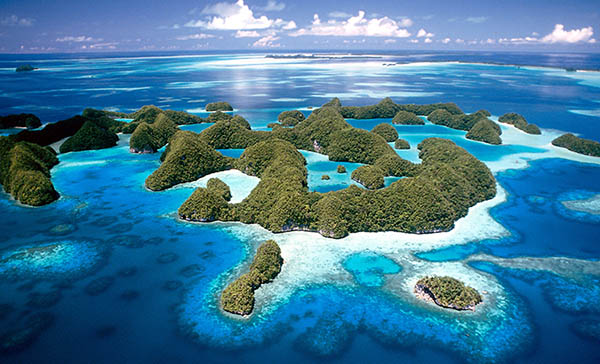
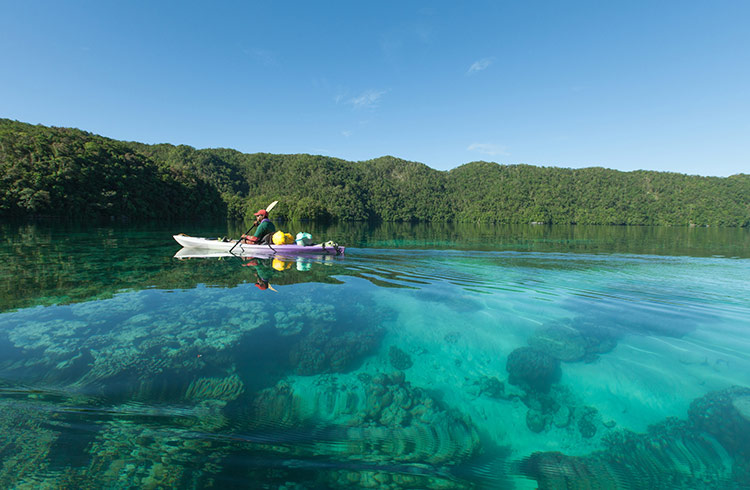
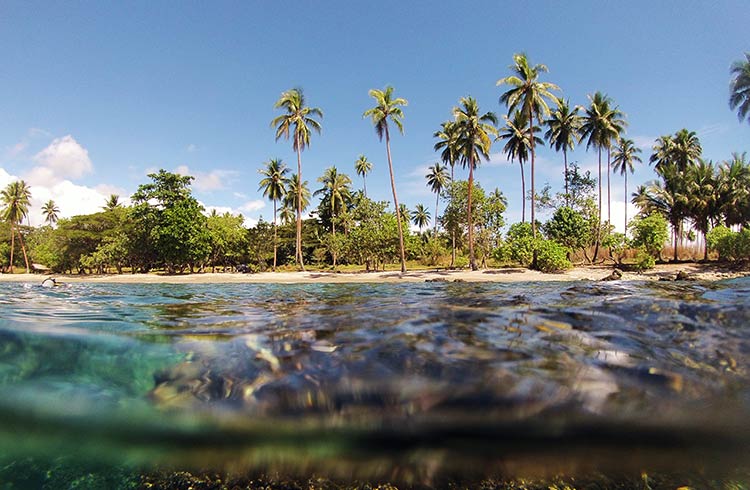
3 Comments
Could you do a thing where you make an article with info on "Best Places to Live in The Federated States of Micronesia"? Because I am using your site for a quick school project, and the info that I got (btw) is really helpful! Thanks!
"Homosexuality is illegal" they got nothing to do with this is in Micronesia
YAP!